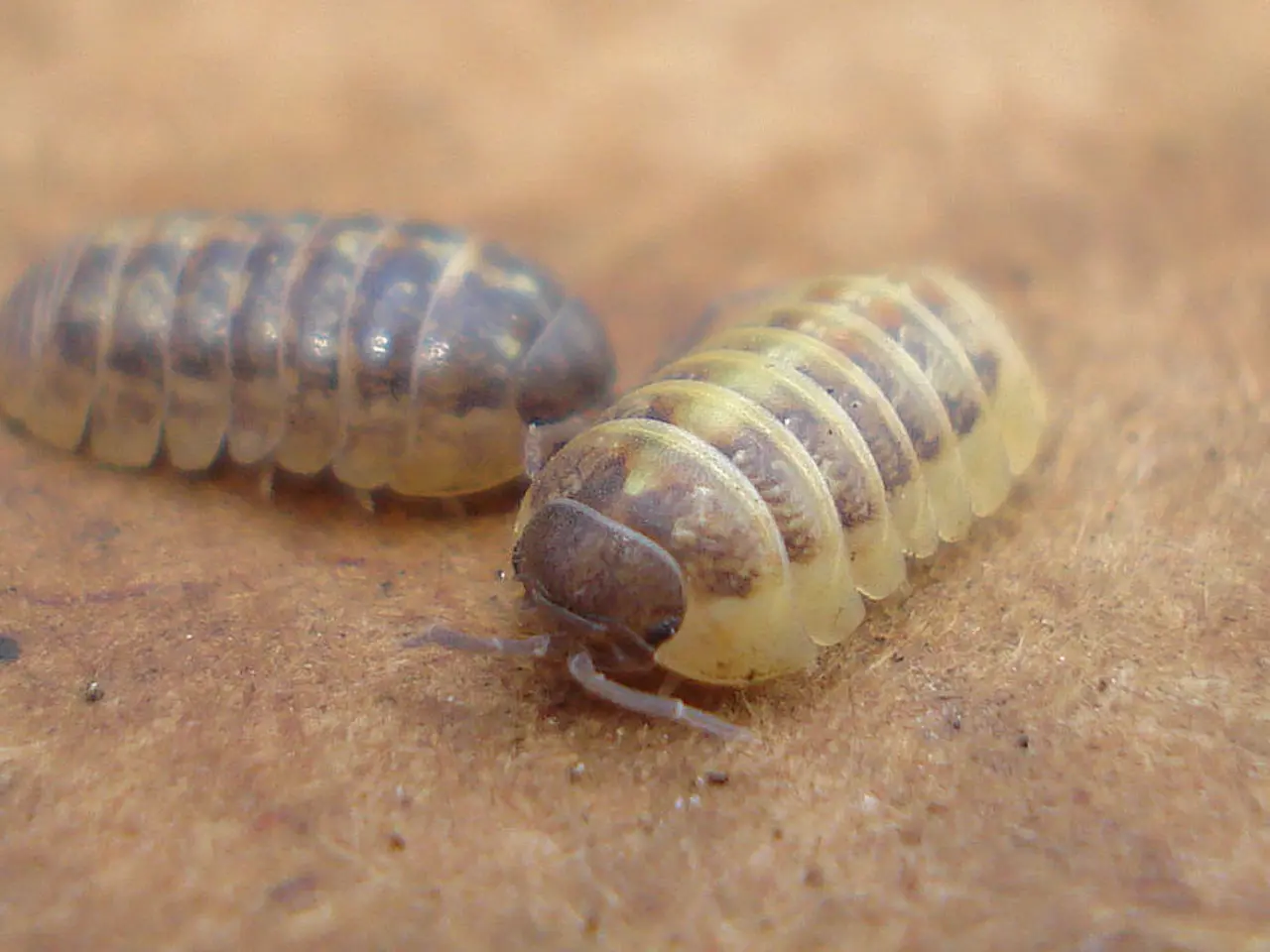Avoid eliminating the wasps from your garden, despite their pesky nature. They serve a crucial role in your outdoor ecosystem.
Wasps, often maligned for their sting, are fascinating creatures that play a crucial role in our gardens. These insects can be found everywhere, from lofts and sheds to heathland, and even in our own backyards [1][2].
Wasps are nature's efficient pest controllers, hunting and feeding on garden pests such as aphids, caterpillars, weevils, and other insect larvae. By reducing harmful insect populations that damage plants, wasps help maintain garden health [1][2].
Beyond pest control, wasps also contribute to pollination. While adult wasps consume nectar for energy, they transfer pollen between flowers, aiding in plant reproduction. Some research shows that certain wasp species can be as effective at pollinating particular plants as bees [1][4].
Social wasps, like honeybees, have a colony structure with a single queen, thousands of workers, and larvae. Workers in these colonies are responsible for hunting and feeding the larvae, who, in return, provide a sugar reward to the workers [2].
Social wasps also act as decomposers by scavenging dead animals, further contributing to garden ecosystem health [1]. Together, these roles support biodiversity and a thriving garden environment.
It's worth noting that the world is home to over 100,000 species of wasps, twice as many as all the known bees and ants combined [3]. In the UK alone, there are 7,000 species of wasps [5]. With probably 5 times more wasp species yet to be discovered, the world of wasps is vast and diverse.
While some wasps, like the Giant Northern hornet with a wingspan of 12 cm, are large and powerful, the smallest wasp is the fairy fly, a parasitoid wasp less than 0.015mm in size [6].
Parasitoid wasps are fascinating creatures. They detect hidden caterpillars or other insect larvae, lay their eggs in/on them, and then abandon their offspring. The hatched larva then feasts on the prey, as it goes on living [7].
Mated young queens hibernate and establish a new nest next spring. The colony produces only workers until the late summer, when the queen switches to producing sexual brood - young queens and males [2]. After mating with new queens from other nests, males die, along with any remaining workers and the old queen [8].
Interestingly, the vast majority (around 70%) of wasps don't sting [9]. If you find a wasp nest in your garden, it's best to leave it alone, as they are more beneficial than harmful.
For those interested in identifying different species of wasps, the Royal Entomological Society offers an insect identification service [10]. Wasps are not only pests, but also important pollinators and natural pest controllers in our gardens.
References: [1] Wasps: Beneficial or Pests? (2021). The Spruce. https://www.thespruce.com/wasps-beneficial-or-pests-2133123 [2] The Life Cycle of Wasps. (2021). BBC Nature. https://www.bbc.com/nature/article/wasmw0471 [3] Wasps vs Bees: Which is More Diverse? (2018). National Geographic. https://www.nationalgeographic.com/animals/invertebrates/w/wasps-vs-bees-which-is-more-diverse/ [4] Wasps as Pollinators. (2021). The Xerces Society. https://www.xerces.org/wasps-as-pollinators/ [5] The Wasps of Britain and Ireland. (2021). The Royal Entomological Society. https://www.royalsocietypublishing.org/doi/10.1098/rsbs.2016.0575 [6] The World's Smallest Wasp. (2021). The Guardian. https://www.theguardian.com/science/2010/nov/11/worlds-smallest-wasp-discovered [7] Parasitoid Wasps: Nature's Hidden Hunters. (2021). The Spruce. https://www.thespruce.com/parasitoid-wasps-natures-hidden-hunters-2133120 [8] The Stages of a Wasp's Life. (2021). The Royal Entomological Society. https://www.royalsocietypublishing.org/doi/10.1098/rsbl.2006.0351 [9] Do Wasps Sting? (2021). The Spruce. https://www.thespruce.com/do-wasps-sting-2133122 [10] Insect Identification Service. (2021). The Royal Entomological Society. https://www.royalsocietypublishing.org/doi/10.1098/rsbl.2016.0575
- The diverse and abundant world of wasps serves as efficient pollinators in our gardens, aiding flower reproduction as they transfer pollen between blooms.
- By establishing homes in various landscapes, from gardens to heathland, these insects contribute to the biodiversity and overall health of the ecosystem.
- In addition to pest control and pollination, some wasps, such as parasitoid wasps, can even help regulate certain populations of problematic garden plants, like caterpillars, by mutually benefiting from this relationship.




